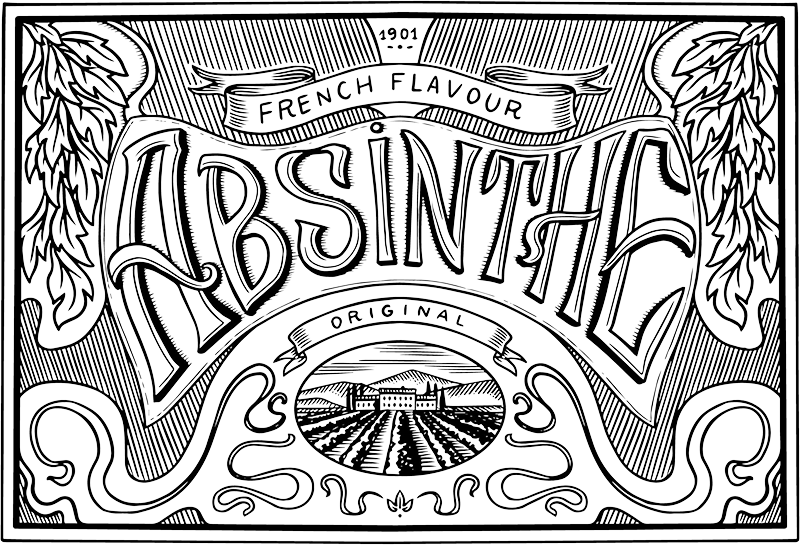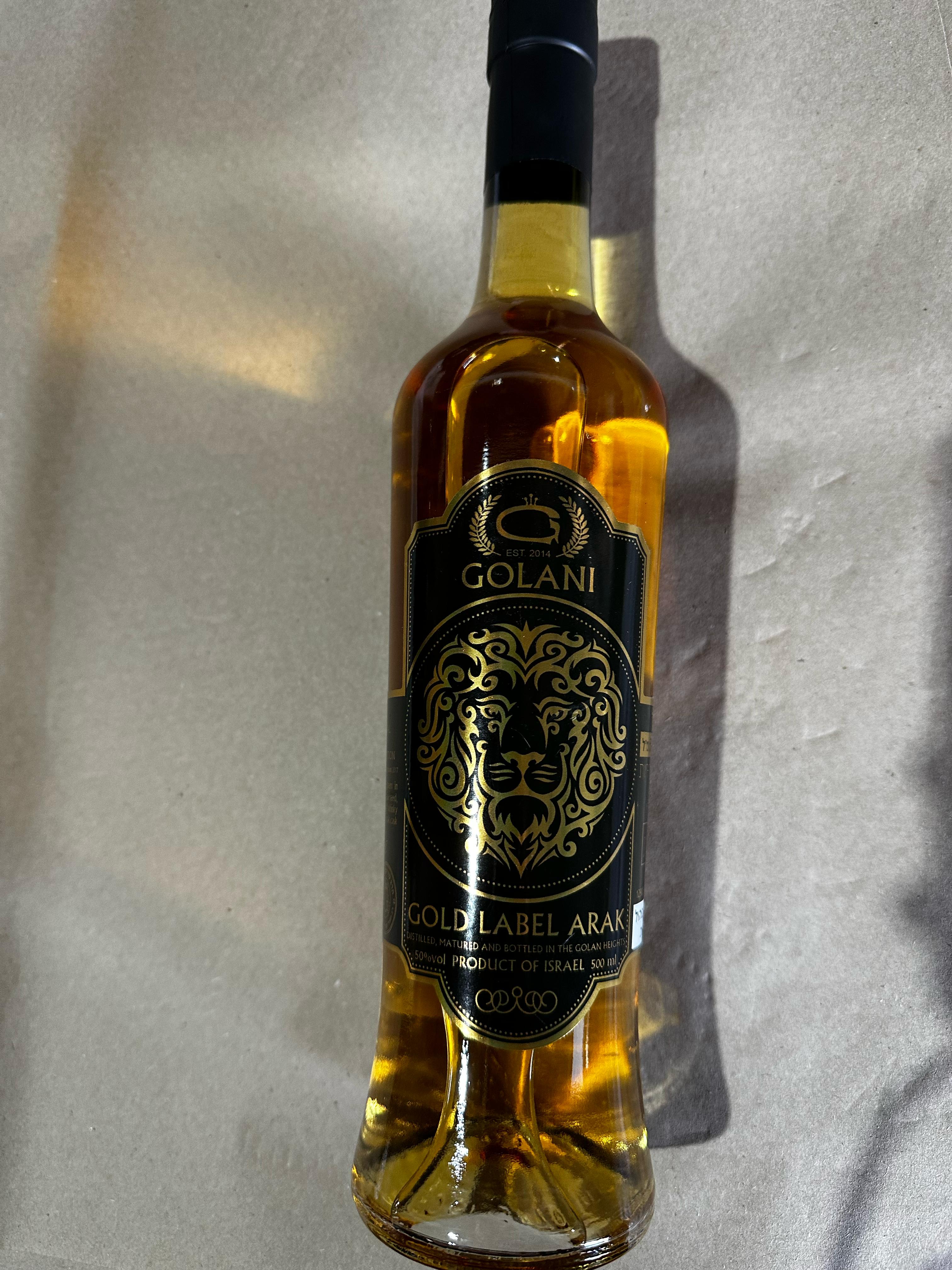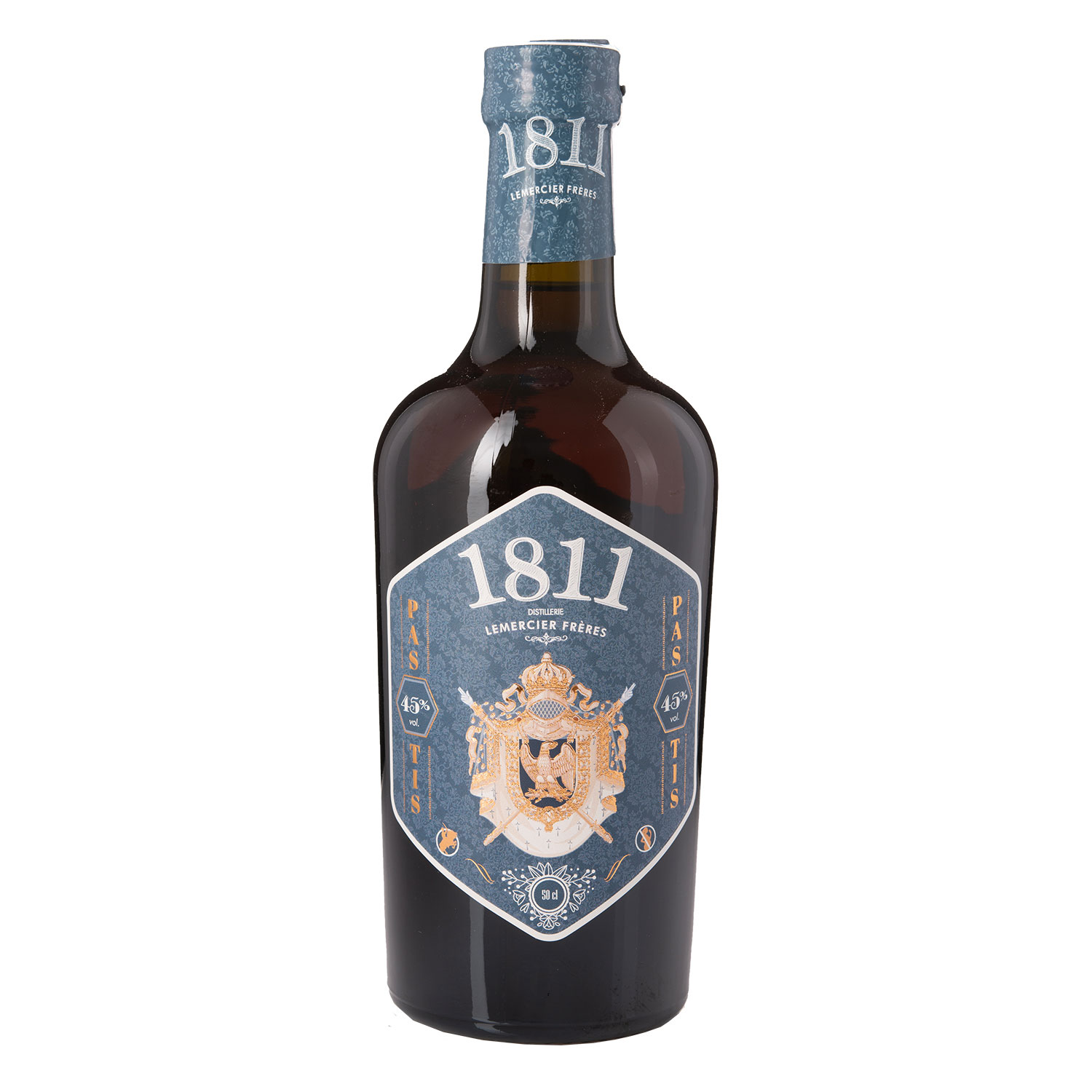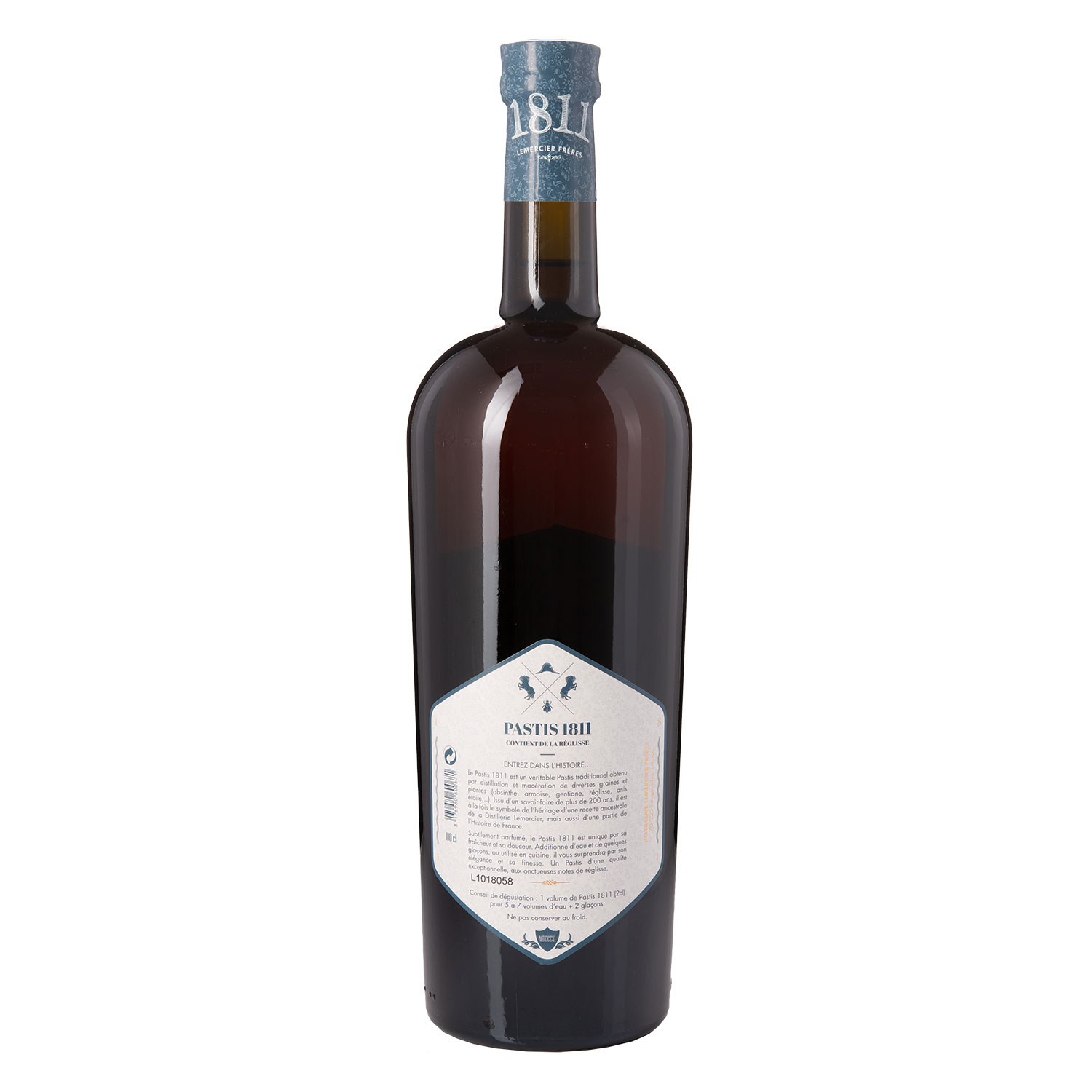Aniseed spirits - from substitute product to enjoyable classic
Aniseed spirits were included in the absinthe ban at the beginning of the 20th century. This was due to the similar ingredients and the manufacturing method. No one tried to lift the ban on absinthe, but the demand for a similar product became loud among the population. Due to the composition of the herbs, aniseed spirits were the perfect substitute for the forbidden absinthe. Since these were made with similar herbs, above all aniseed, the deviled Artemisia absinthium was not used, which was blamed for the alleged effect of the alcohol.
Aniseed spirits and absinthe after re-release
In 1922, the French legislator finally decided to lift the ban on aniseed spirits. However, production and sale were strictly regulated and an upper alcohol limit was set. To this day, spirits made from aniseed in France are allowed to contain a maximum of 45% alcohol by volume.
These spirits were known under the name Pastis, which originally translates to satire or imitation in German. An indication that you didn't want to do without the absinthe. Even after the ban on absinthe was lifted, pastis did not die out and still has many fans today.
As with most spirits, there are big differences in quality. Therefore, the connoisseur should pay attention to a few quality features when buying products containing anise. To this day there are many products that are only manufactured industrially with synthetic oils, sugar and dyes. You should rather keep your hands off these and reach for artisanal products.
You can buy high quality at lions-spirits.de
At Lion Spirits Gourmet Spirits, the products are carefully selected and are certified accordingly high quality. The range includes absinthe, pastis and aniseed from the Combier distillery in Saumur, which was founded in 1834, as well as distillates from the Guy distillery, a family business since 1890, with Pontarlier aniseed. Pontarlier anise was one of the first anise spirits after the ban was lifted.
When buying, you should also pay attention to whether it is a pastis or aniseed. Star anise is mainly used for the production of pastis. With aniseed, on the other hand, green aniseed is used, which gives the distillate a fresher and more subtle note.
Both distillates share the essential oil anethole, which is also responsible for the milky cloudiness of all products with aniseed. This effect is called the louche effect and is characteristic of absinthe, pastis, aniseed and other anise-based spirits.
Unfortunately, this is not a quality feature, as this effect can also be caused by synthetic oils. Therefore, as with most spirits, it is important to find out about the manufacturer and to avoid industrially manufactured products.
























